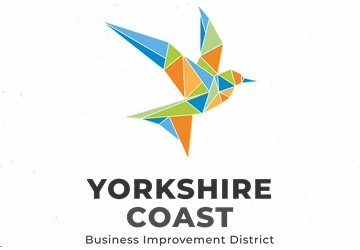For some residents, especially older people, young children and those with underlying health conditions such as respiratory and cardiovascular diseases, the summer heat can bring real health risks.
A yellow heat-health alert has been issued across Yorkshire and Humber until Sunday, 22 June at 6pm.
This service is provided by UK Health Security Agency (UKHSA) in partnership with the Met Office from June to September and is designed to help health and social care professionals manage through periods of extreme temperature.
We all know the drill when it comes to having sun hats, water and sunscreen (use at least factor 30 sunscreen with at least 4-star UVA) at the ready when out and about, but it is worth knowing the signs of heat exhaustion and heatstroke and what to do if someone did become unwell.
Heat exhaustion does not usually need emergency medical help if you can cool down within 30 minutes. If it turns into heatstroke, it needs to be treated as an emergency.
Signs of heat exhaustion include tiredness, dizziness, headache, feeling sick or being sick, heat rash and excessive sweating, as well as a higher temperature and feeling very thirsty.
Read more about heat exhaustion and heatstroke on the NHS website.
Public health advise that residents:
- Protect yourself and loved ones from the sun during the hottest hours of the day, usually between 11am and 3pm
- If you are going to do exercise or walk the dog, do these during times of the day when it is cooler such as early morning or evening
- Babies under six months should be kept out of direct strong sunlight
- Keep children in prams or pushchairs in the shade, make sure to remove excess clothing and check there is adequate air flow. Check them regularly to ensure they are not overheated
- Temperatures indoors can end up higher than outside temperatures in hot weather. Keep your home cool by closing windows, blinds and curtains in rooms that face the sun
- If someone is overheating, drinking cool water, a sports or rehydration drink, or eating cold and water rich foods like ice-lollies or watermelon is a good idea
- Water, diluted squash or lower fat milks are good choices to drink when it is hot, but fruit juice, smoothies and soft drinks can actually dehydrate the body as they can be high in sugar, as can alcohol.
East Riding public health lead (health protection), Hannah Broadwell-Hill adds:
“We would encourage people to keep an eye on those who may be at risk in warmer weather, especially those less mobile or unable to remove layers of clothing. If you can’t check on loved ones every day, ask a friend or neighbour to pop in and make sure that they are ok.
“Dehydration is very common for older people – especially anyone with dementia as they may not be aware they are thirsty or remember to have a drink. They may forget to dress for the weather if in a routine, so put cooler clothing out for them.
“The best way to reduce dehydration is if someone can sit and have a drink with them and encourage them to drink too – a brightly coloured cup with a straw, or a clear water jug that is topped up and not too heavy is helpful too.”
Please ask loved ones or neighbours if they need any help keeping cool this summer. If you are at higher risk, ask them to do the same for you.


















